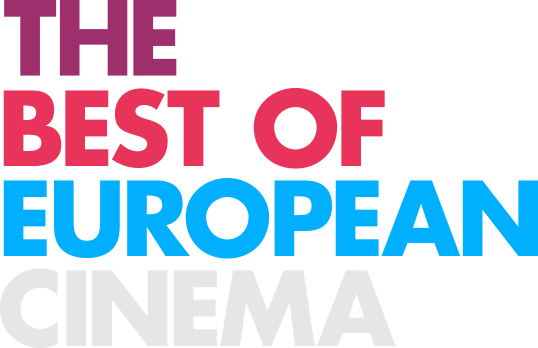Review: Shipwreck
On 3rd October 2013, a boat carrying 500 Eritrean refugees sank off the coast of Lampadusa in Italy. Tragically, over 360 people drowned, and survivors were often faced with the terrible task of mourning multiple fatalities. It is the people facing this sheer wall of grief that Shipwreck (Morgan Knibbe, Netherlands, 2014) attempts to document. Somehow fast-moving newbie Knibbe mustered the courage to film these heart-rending scenes, and the results are compelling.
The film doesn’t begin as you might expect. We almost fade in aurally, hearing waves around us before we see anything. This then conjure images in your head, but they are images which this short almost immediately confounds (and staggeringly you decide almost immediately that Shipwreck is gripping).
We slide into a world of bright, colourful close-ups and it isn’t immediately apparent what we see. Slowly we realise we’re shifting round a graveyard of shattered, splintered ships. And in this haunting scene of vibrant primary colours lingers Abraham, one of the tragedy’s grief-stricken survivors. Again, much like Atlantic., we then hear this man’s difficult story through a poetic, whispering Arabic voice-over.
Quite unlike that feature, however, Shipwreck documents the other side to migration. Not the side of aspiration and hope, but the side of desperation and fatal consequences. So Knibbe cuts to scenes of loud, all-consuming, demonstrative scenes of lamentation; and framing this is the Italian authorities’ passive, well-meaning sympathy, creating together a true portrait of despair. Except Shipwreck doesn’t ever simply cut.
The camera careens, up-ends and swirls before match cutting to another scene of blackness. Thiss look like somebody punch-drunk on emotion spinning a steady cam in an upright position, and the resulting fainting sense of being overwhelmed is brilliant. The Glasgow Short Film Festival's recent decision to place Shipwreck in their “Motion Sickness” programme therefore makes sense, as the impression of movement and being amongst the crowd is almost unbearable.
Technique and content also match perfectly in the short’s structure, sound and visuals. It has a close, grumbling, understated soundtrack, which is filled with the ominous groans from Lampadusa’s dockyard. Colours also seem fuller somehow, like some kind of beautifully accentuated digital footage, capturing perfectly the event’s hellish intensity. The victim’s seemingly unending grief is similarly well-portrayed, because the short loops back to the touching ruminations of Abraham (to whom the short is partly dedicated).
Shipwreck’s awareness of the fine line it treads between documentation and exploitation of these victims’ suffering is also commendable. Knibbe foregrounds this issue by including images of the local media flocking round like vultures.
After premiereing at the 67th Locarno Film Festival, Shipwreck recently had its UK premiere at the Glasgow Short Film Festival (where it won the festival's Bill Douglas prize) and has also shown at the likes of Go Short and Indielisboa. It should continue to have strong showings at various festivals across the circuit.
Film Details
Original Title: Shipwreck
Director: Morgan Knibbe
Country: Netherlands
Year: 2014
Run Time: 15 mins
Contact: mork@workofmork.nl
07 May 2015, by Thomas Humphrey






